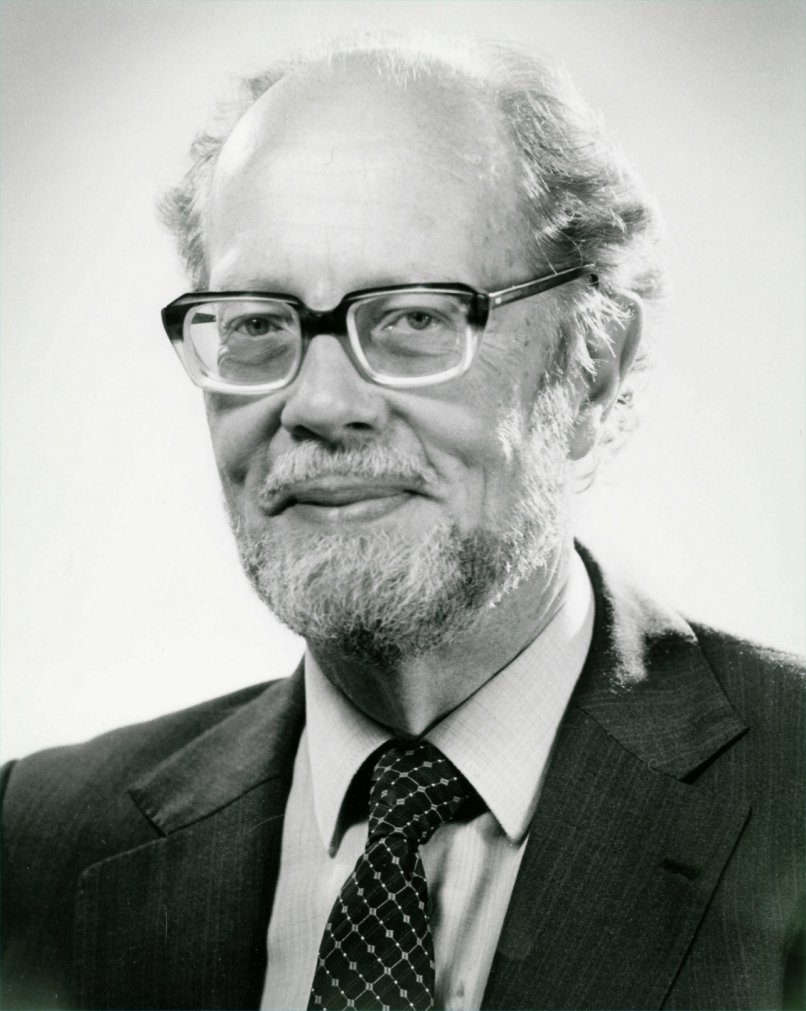James Brabazon
Obituary
1923-2007

Leslie James Seth-Smith was a sufficiently cumbersome name that, early in his career, he adopted an old family surname and became James Brabazon. Over 60 years, James worked in theatre and television, writing books and scripts, never ceasing activity in his work. He was also an intellectual in the philosophical sense, believing in Reverence for Life, and he constantly, although not always wisely, followed his heart.
Leslie James Seth-Smith was born in 1923 in Kampala, Uganda, and spent his first years on his parents' plantation, which grew coffee, rubber and sugar cane. He was joined by two sisters, and in 1928 the whole family returned to England. Following a rather proper education in classics at Uppingham and Sidney Sussex College, Cambridge (from where he was sent down for associating inappropriately with a member of the opposite sex), James moved to London and began acting. To his parents' temporary horror, he really took to the bohemian world of drama. He revelled in surrounding himself with colourful, unconventional and eccentric friends. Despite a couple of dalliances with more secure lines of work, entertaining had grabbed him.
James worked at the Admiralty during the war, living at St Anne's, Soho, which was significantly damaged by bombing. On hearing of Victory in Europe, he and a friend celebrated by climbing the fragile bell tower and ringing the bells by hand: the first time that they had been heard over Soho for many years.
It was Dorothy L Sayers, the novelist of whom he later became a biographer, who encouraged him to enter acting professionally. Within a few years he was performing repertory theatre from Perth to Coventry, living in a caravan with his wife Marka and a young family. His modest assumption that his casting was largely because of a dearth of (just under) 6 ft young men after the war, is belied by many good reviews.
Settling down in Finchley in 1956, James joined an advertising agency, but was trying his hand at play-writing in his spare time. "People of Nowhere" was written for World Refugee Year in 1959, and received great critical acclaim. He spent most of the 60s and 70s script-editing, directing and producing for the BBC, Granada and LWT, being involved in much of the cutting edge drama of the time, including "The Six Wives of Henry VIII", the "Childhood" series with directors Michael Apted, Mike Newell and John Irvin, and "Talking to a Stranger" with Judi Dench.
On the back of his highly praised biography of Dorothy L Sayers, James was invited to write a biography of Dr Albert Schweitzer: humanitarian, philosopher and Nobel Peace Prize winner. The discovery of Schweitzer's philosophy of Reverence For Life affected James profoundly, and he never stopped trying to explain its all-encompassing truth to people. Indeed, he was intimately involved with the charity Friends of Albert Schweitzer (UK), always suggesting new ways of engaging people. The book also led him to be welcomed as a Fellow of the Royal Society of Literature.
Now with his second family, James went freelance in 1981 and turned his hand to feature film script-writing. As with his frequent story-telling, his scripts were generally on subjects important to him, in which he always found a moral as well as a human aspect. "Lost in Siberia" was nominated for the 1991 Golden Globe Award for Best Foreign Language Film, showing the potential that his other scripts may fulfill.
James suffered a short illness from lung cancer, a result of smoking in his early life. His last weeks were spent surrounded by beloved family and friends. He is survived by three daughters and a son (Seth-Smiths).
An edited version of this obituary was published in The Times on 12th February 2008 [please click].
Index
Feature films
Television productions
Documentaries
Stage plays
Books
Personal CV
Links
Contact
Site map